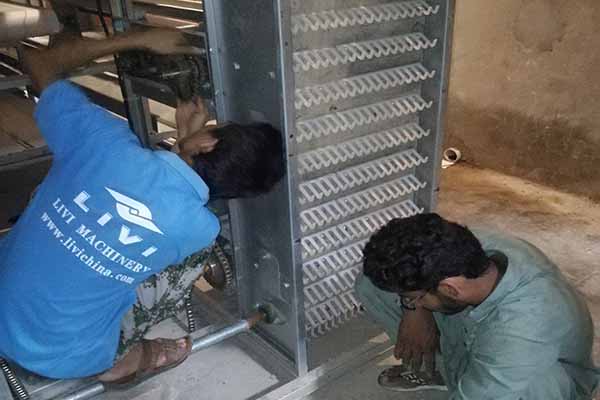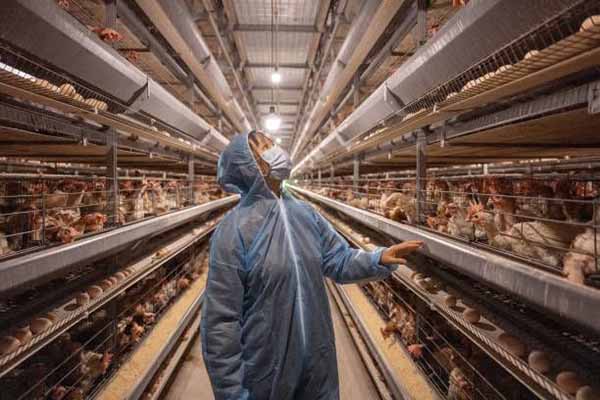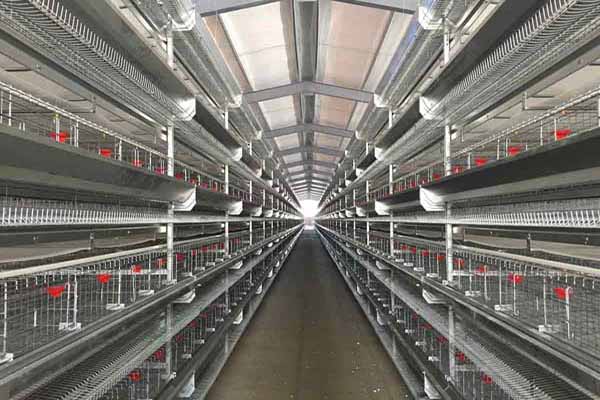Tanzania Chicken Equipment: Ensuring Safety Standards and Compliance
Time : 2025-04-26
When it comes to the poultry industry in Tanzania, one of the most crucial aspects that cannot be overlooked is the safety of the chicken equipment. From feeders to incubators, ensuring that these tools meet the highest safety standards is paramount for the health of the chickens and, consequently, for the success of the business. In this article, we’ll dive into the details of safety standards for chicken equipment in Tanzania, and how you can ensure compliance.
Understanding Safety Standards in Tanzania’s Chicken Equipment Industry
The Tanzania chicken equipment industry is regulated by strict safety standards to protect both the animals and the farmers. These standards are designed to ensure that the equipment is not only safe but also effective, which is crucial for maintaining high-quality chicken production.
Materials Used in Chicken Equipment
One of the first things to consider when purchasing chicken equipment is the materials used. Equipment should be made from non-toxic, food-grade materials that won’t harm the chickens. This includes feeders, waterers, nesting boxes, and any other equipment that comes into contact with the chickens.
Non-Toxic Materials
Non-toxic materials are a must in the chicken equipment industry. Materials like stainless steel, high-density polyethylene (HDPE), and food-grade plastic are commonly used. These materials are not only safe for the chickens but also durable and easy to clean, which is essential for maintaining a hygienic environment.
Design and Construction of Chicken Equipment
The design and construction of chicken equipment play a vital role in its safety. Here are a few key considerations:
Easy to Clean
Chickens are prone to diseases, and maintaining a clean environment is crucial for their health. Equipment should be designed in a way that allows for easy cleaning and disinfection. Features like smooth surfaces, detachable parts, and nooks and crannies that can harbor bacteria should be avoided.
Safe for Chickens
Equipment should be safe for the chickens to use. This includes having rounded edges to prevent injury and ensuring that the equipment is stable and won’t tip over, which could cause the chickens to become trapped or injured.
Regulatory Compliance
In Tanzania, the Tanzania Poultry Board (TPB) oversees the safety standards for chicken equipment. It’s important to ensure that the equipment you purchase complies with these regulations to avoid any legal issues or health hazards.
TPB Certification
Equipment that meets the safety standards set by the TPB will carry a certification mark. Look for this mark when purchasing chicken equipment to ensure that it’s compliant with the necessary regulations.
How to Ensure Compliance with Safety Standards
Ensuring that your chicken equipment complies with safety standards doesn’t have to be a daunting task. Here are a few tips to help you get started:
Research and Select Reputable Suppliers
When looking for chicken equipment, it’s important to choose a reputable supplier. Look for suppliers that have a good reputation and a track record of providing high-quality, compliant equipment.

Check for TPB Certification
Always verify that the equipment you’re purchasing is TPB-certified . This ensures that it meets the necessary safety standards and is safe for use in your poultry operation.
. This ensures that it meets the necessary safety standards and is safe for use in your poultry operation.
Regular Maintenance and Inspection
Even the best equipment can become unsafe if not properly maintained. Regularly inspect and clean your chicken equipment to ensure it remains in good condition and continues to meet safety  standards.
standards.
Training Your Staff
It’s essential to train your staff on the proper use and maintenance of chicken equipment. This will help ensure that they understand the importance of safety and know how to use the equipment correctly.
Conclusion
When it comes to the safety of your chicken equipment, it’s always better to be safe than sorry. By understanding the safety standards in Tanzania’s chicken equipment industry and taking the necessary steps to ensure compliance, you can help create a safer environment for your chickens and your business.











